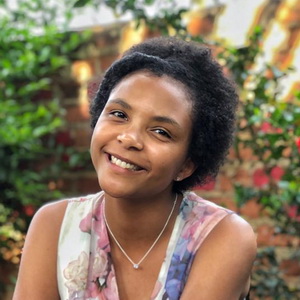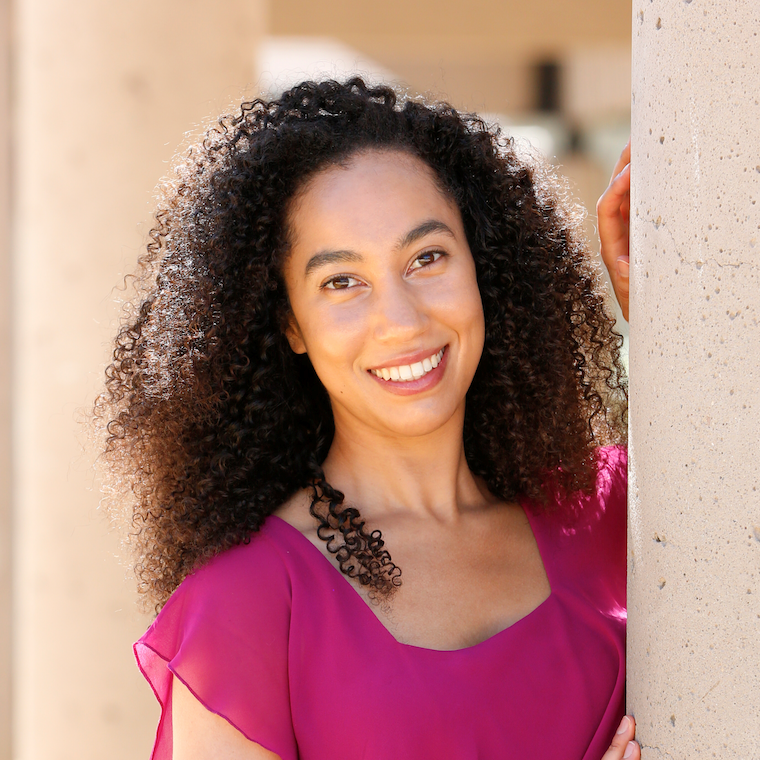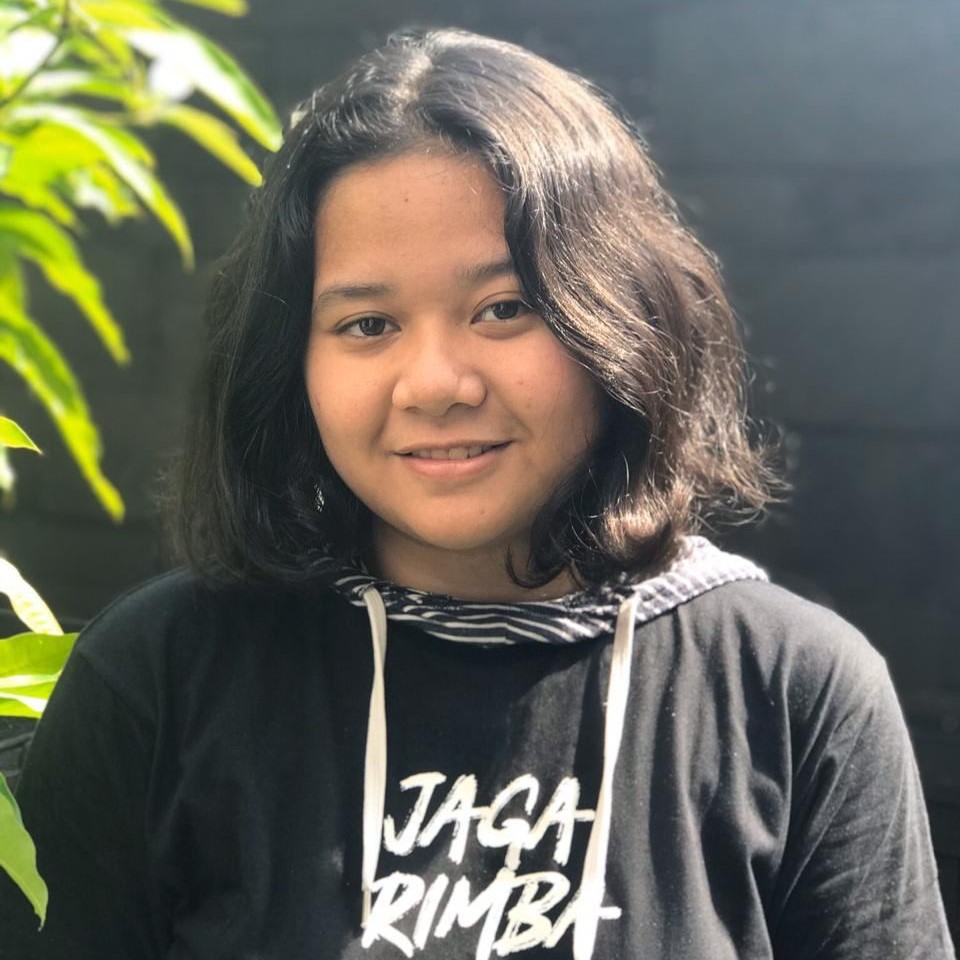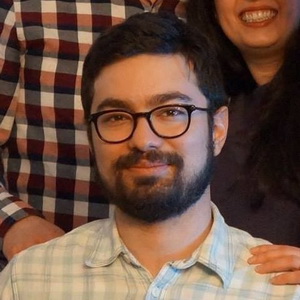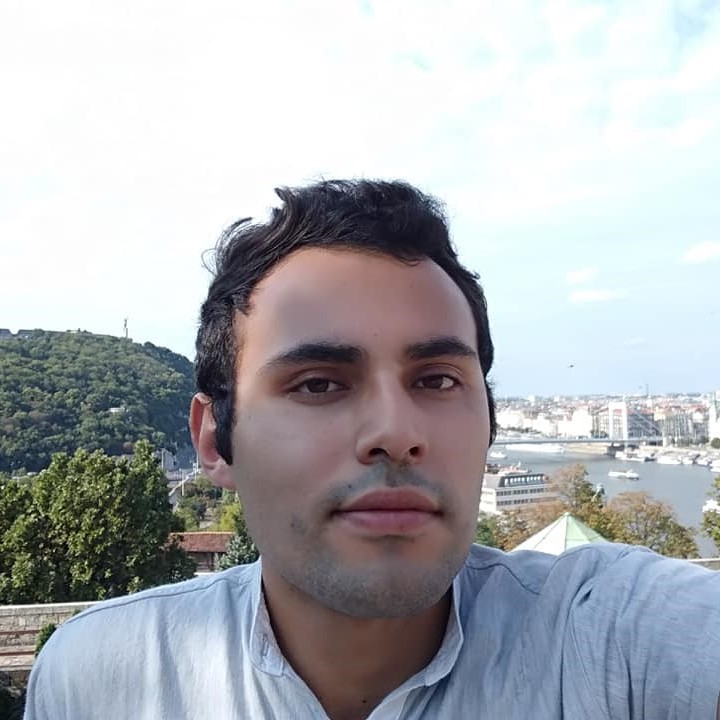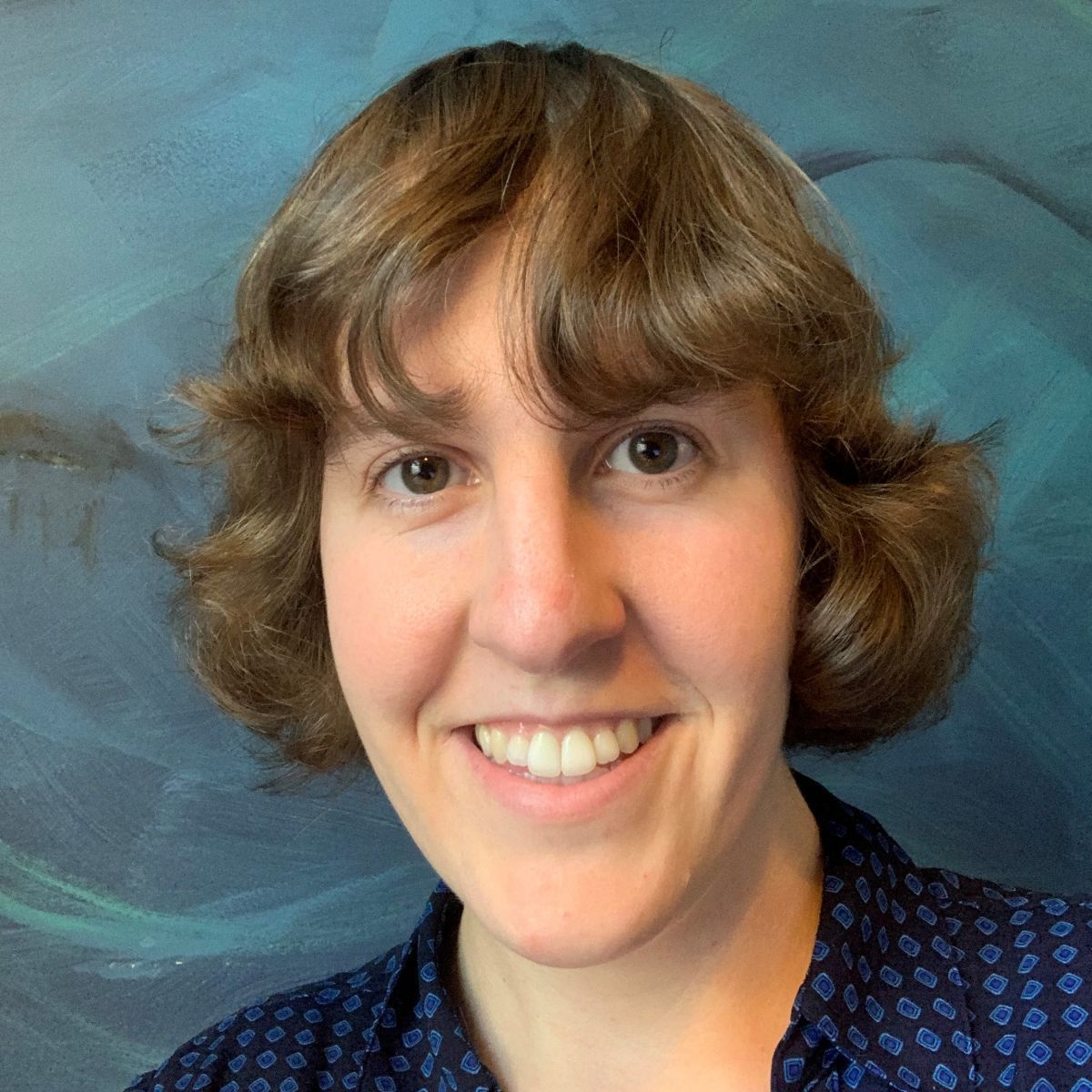Air Pollution in Kampala, Uganda
If no concrete action is taken soon, the capital of the Pearl of Africa will become almost inhabitable in a few decades from now.
Uganda, Eastern Africa
Story by Anna Adima
Published on May 2, 2020.
Reading time: 4 minutes
This story is also available in 








Like most people living and moving about in my home town of Kampala, Uganda (where I am currently based for my PhD fieldwork), I breathe in more than my allotted daily share of a toxic combination of dust, car exhaust fumes, and industry smoke that make up the city’s air pollution.
Kampala is the capital of Uganda, and with its annual growth rate of 4.03% and population of 1.6 million, is one of the world’s fastest growing cities. The combination of industry growth and urbanisation are accompanied by increased numbers of vehicles: approximately 50,000 – which include cars, buses, trucks, and motorcycle taxis – move about in the streets of Kampala. Many of these are old and not designed with the environment in mind, and, along with hazardous industry waste, contribute to the city’s air pollution crisis. Other toxic waste also stems from waste burning and indoor air pollution within households, where wood or charcoal stoves are used for cooking.
Kampala is the second most polluted city in Africa (preceded by Kano, Nigeria): with its PM 2.5 (particulate matter pollutants that are 2.5 microns in size, and with the most dangerous health impact of all air pollutants) pollution at an average of 40.8 µg/m³ in 2018, this is well above the World Health Organisation’s recommended target of 10 µg/m³. The effects of these different forms of air pollution can be felt across Kampala on a daily basis. When I find myself on higher ground on one of the city’s seven hills, a thick cloud of smog can be seen hanging over and choking Kampala. Being stuck in the city’s harrowing traffic means exposure to the lethal exhaust fumes produced by the surrounding vehicles. Outdoor movement can be dangerous: the biggest risk posed to walking, cycling, or running once used to be being hit by a vehicle, or being assaulted – this now comes with the perils of breathing in hazardous air (and it is for this reason I choose to exercise indoors here). Unsurprisingly, respiratory health issues are also on the rise here, as the number of deaths linked to air pollution in Uganda in 2017 was at 13,000.
Local news demonstrates an awareness of the dangers of air pollution across Kampala and Uganda. Various news outlets call for action, with academics and the Kampala Capital City Authority making efforts to educate the public about the poison they are inhaling. In 2018, the Ugandan government passed a law banning the import of cars older than 15 years, with the aim of reducing pollution in the country, and owners of cars older that five years are required to pay an environmental tax.
But is this enough to combat air pollution? Walking and using public transport in Uganda, associated with working classes, are often looked down upon by the haves of the city. Public transport is also not necessarily the safest – or the most reliable – means of transport, and women especially are more vulnerable to harassment and assault using them (It is sad that many women in my acquaintance have experienced this). A two-fold shift is required: one that makes public transport safer, more accessible, and inclusive of marginalised individuals in the urban space, as well as a change in the mentality that public transport is solely the reserve of the poor.
Of course, these are only small solutions to a very large problem. But if no concrete action is taken soon, the capital of the Pearl of Africa will become almost inhabitable in a few decades from now.
How does this story make you feel?
Follow-up
Do you have any questions after reading this story? Do you want to follow-up on what you've just read? Get in touch with our team to learn more! Send an email to [email protected].
Talk about this Story
Please enable cookies to view the comments powered by Disqus.
Subscribe to our Monthly Newsletter
Stay up to date with new stories on Correspondents of the World by subscribing to our monthly newsletter:
Tags
Topic: Environment
> United States
California’s Other Pandemic
A story by Elspeth Mathau
5 min
We had wildfire evacuation warnings when I was a child, but the threat is now so severe that we packed bags with whichever mementos and essential items we could fit in our car, to prepare to flee if conditions worsened. Read more...
> United States
Connecting through Food
A story by Sidra Kennedy
4 min English Audio available
Food bonds people together. Studying abroad in Tecpan, Guatemala, I encounter an emphasis on home-cooked meals and local foods that I never experienced in the United States. Read more...
> Indonesia
I Am Not the Indonesian Greta Thunberg
A story by Salsabila (Abil) Kairunissa
4 min
I decided to step out from school last year and strike in front of the Ministry of Environment and Forestry Office every Friday. Calling me “the Indonesian Greta” erases my narrative and those of other youth activists from the Global South. Read more...
Explore other Topics
Get involved
At Correspondents of the World, we want to contribute to a better understanding of one another in a world that seems to get smaller by the day - but somehow neglects to bring people closer together as well. We think that one of the most frequent reasons for misunderstanding and unnecessarily heated debates is that we don't really understand how each of us is affected differently by global issues.
Our aim is to change that with every personal story we share.
Community Worldwide
Correspondents of the World is not just this website, but also a great community of people from all over the world. While face-to-face meetings are difficult at the moment, our Facebook Community Group is THE place to be to meet other people invested in Correspondents of the World. We are currently running a series of online-tea talks to get to know each other better.











